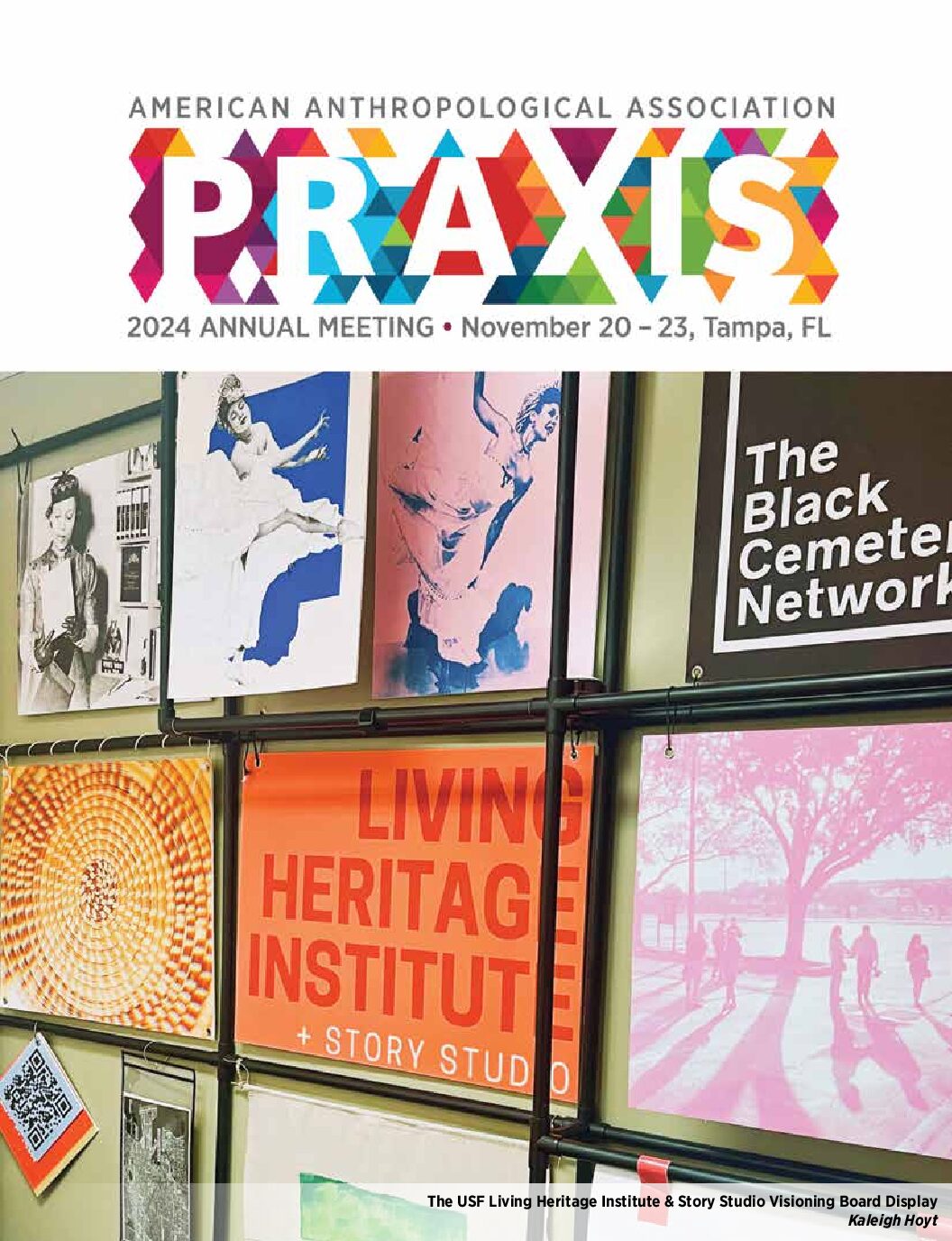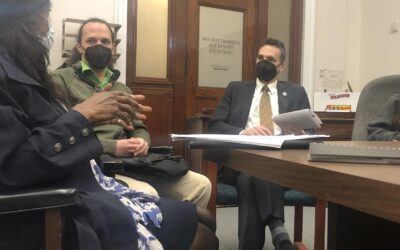Automobility and Flexibility after Foster Care in Kentucky
EB Saldaña. Princeton University, 2021
In this paper, I ask: What are the specific conditions for former foster youth that make car-based mobility particularly challenging? Based on ten months of fieldwork in Kentucky with former foster youth, child welfare advocates, and service providers, I show how young people who have aged out of Kentucky’s child welfare system are quite resourceful but that they are often faced with unique challenges to taking responsibility for car use and ownership. I follow the court case of one young woman, Beu, who faced charges of driving without a license or insurance. Drawing on anthropological analyses of product liability law and car safety regulations, I show how American courts and legislatures have often privatized the inherent risks of cars, devolving responsibility for their dangers and maintenance onto individual people and often, families. The resources typically required to responsibly and legally access a car – in particular, family members or caring adults – are not always available to former foster youth, which can limit their mobility. I argue that the experiences of former foster youth have implications for our understandings of car-based mobility systems and the uneven distribution of risk among American citizens.


